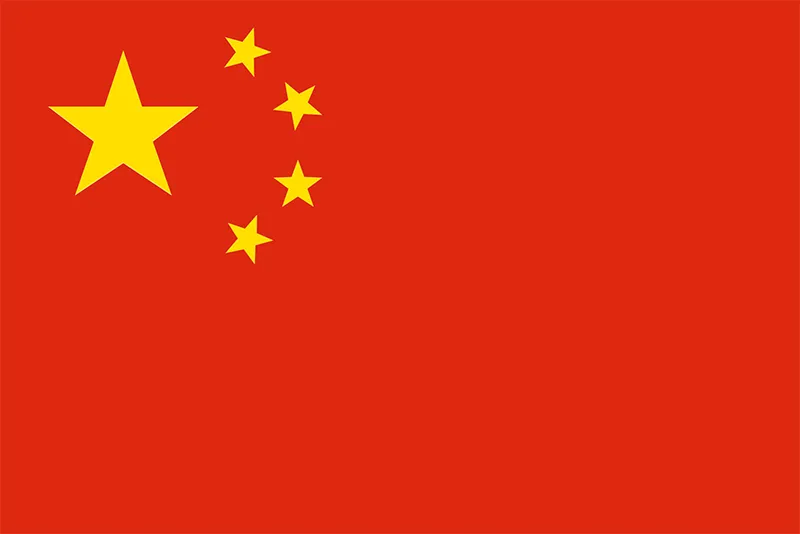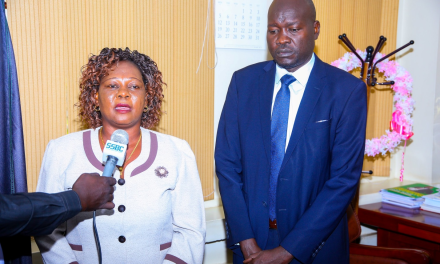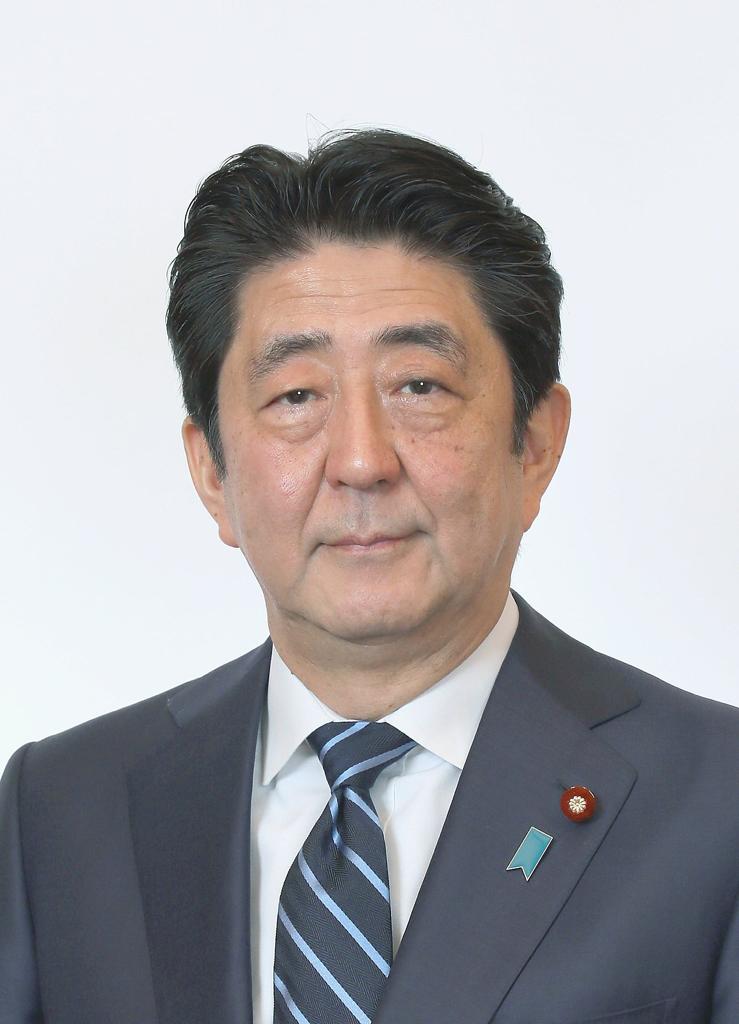
China’s rise will give a voice to developing world

By Chandran Nair
The world is currently facing an unprecedented challenge: a comprehensive information war fueled by technology. The most telling example is the Western inclination to downplay and even demonize the positive impact that a rising China could have on global affairs.
Through a powerful and ideology-driven global media apparatus, which appears to have abandoned its once-proud commitment to truth and unbiased reporting, the West has not only sought to undermine China, a nation that has prospered through a system of its own design under the guidance of the Communist Party of China, but also relentlessly demonized China’s efforts to contribute to the developing world through constructive initiatives like the Belt and Road Initiative.
As we move towards a multi-polar world, as championed by China and demanded by the global majority, it is critically important that we build a global media ecosystem that does not remain dominated by large and economically powerful Western media outlets. Instead, it should be one that embraces reliable and unbiased outlets from all regions spanning the globe, including Asia, Africa and the Middle East.
The world is in desperate need of a more diverse pool of credible media outlets, and especially greater representation from non-Western sources, so that readers worldwide are better informed about global issues and do not fall prey to the current propaganda war between nations.
To achieve this goal, a better understanding of how the media industry works is needed. For example, for China and other nations to counter the West’s aggressive narrative, it is essential to understand its historical roots, where its allegiance lies, and what drives it.
Rather than acknowledging the truth that China’s growth may challenge Western dominance and economic hegemony, the Western narrative has veered towards a wholesale criticism of every aspect of the nation: China’s history, economic management, political structure, human rights record, societal values, technological advancements, anti-corruption campaigns, religious freedom.
This is shameful and depicts a desperate grasping-at-straws approach to journalism. While these are topics worthy of discussion in any country, portraying them in an incessantly prejudiced manner raises the question “Can a civilization with thousands of years of history be so wrong all the time?” Surely not.
The biggest feature of this toxic narrative is that it is driven by ideological prejudice. The prevailing fear gripping the West, sadly embraced by its media, is simply this: How can a country manage to develop so quickly and successfully outside the frameworks of Western political and economic models. There appears to be a profound reluctance to understand and acknowledge that throughout history the political economy and even the market economy, operates in accordance with the unique needs of different countries.
Another major and ongoing narrative concerning China in the Western media revolves around the purported absence of religious freedom within the country, with claims of persecution against various religious groups. To understand China’s approach with regards to ethnic minority policies and religious practices, one needs to travel within China. I have had the pleasure of traveling across many parts of China including many ethnic minority areas to learn about their lives and the massive changes taking place to see the facts for myself.
For example, in northwest China’s Gansu Province, I have friends from different ethnic groups or of different religions. They told me how their lives have changed for the better under the stable governance of the Chinese government. This is not to paint a rosy picture and deny that there are issues still to be resolved. But the prevailing sentiment among the majority is that their lives have improved considerably, and major efforts are still being made to allow them to retain their culture, traditions, and religious beliefs.
Despite the historical circumstances that left many marginalized, most of them today see themselves as integral members of a rapidly changing and progressive China. Even the widely circulated allegations made by the West concerning Xinjiang and the treatment of Uyghur communities, including claims of large-scale concentration camps, do not withstand close examination and have been rejected by those I know from minority communities. Many individuals from minority communities have expressed their disagreement with these wild allegations.
When questioned about religious freedom, I am quick to highlight the large number of mosques throughout the country. Those who say that there is no religious freedom in China are either ignorant or simply not telling the truth. China’s actions to prevent religions from being manipulated for political purposes are its internal affairs.
Another major point of attack is the economic success of China. It is a fact that the Chinese government has lifted about 800 million people out of poverty over the past 40 years and delivered unrivaled economic progress. This accounts for almost 75 percent of the total global population lifted out of poverty, an accomplishment worthy of a Nobel Prize in economics.
When I first visited China’s Guangdong Province in the 1990s, some areas were very poor with most people riding bicycles. I imagined then it would take a long time for them to enjoy a decent level of prosperity. However, in the next 10 years, I saw rapid changes in all aspects across China, particularly evident in the development and changes taking place in cities like Guangzhou, Shanghai and Beijing. In the next 10 years, changes spread to hundreds of second-and third-tier cities and towns.
As China went through these rapid socio-economic changes, I noticed that Western media coverage of China had started to shift from acceptance and reporting with some mild praise to outright hostile criticism. A major tipping point for me was the 2008 Olympics.
In 2001, I happened to be in Beijing on the night China won the bid to host the 2008 Olympics. I went to Tiananmen Square and saw the Chinese people celebrating, with millions of people joyously taking to the streets. It was so orderly, with no violence or mayhem, and I was impressed. But the next day, I found most of the reports were negative when I turned to the international media for their perspective. And then over the next seven years, the assault on China was relentless and it was at that point I realized that we were in a new era of geopolitics and China’s emergence on the global stage had spooked the West.
At this time, I concluded that this was so clearly unfair and realized that a new media war had been launched with the dawn of the Internet. After all, the fact that the largest developing country in the world had obtained the right to host the Olympic Games should have been welcomed by the world at large, but the Western media had other plans. Why the Western media did not celebrate this fact began to niggle me. As this situation evolved over the years, it was hard not to conclude that the Western media were in some sort of strange global coalition, transcending national boundaries and their own political differences at home. And I wondered why. It has taken years of observation and research to pin down the core reasons behind this phenomenon. In simple terms, it is a widespread fear in the West of losing economic power and global privileges borne out of centuries of dominance. I explored the Western media’s role in this fight to preserve dominance in a recent article in the Diplomat.
Even the protests in Hong Kong in 2019 were weaponized against China, with grave distortions of the reality and facts. I was struck by the biased coverage of the protests in Hong Kong by the Western media. I live in Hong Kong and during that time I could clearly see that the Western media reports did not match with the reality of the situation I was in the middle of. It felt as though I was living in a parallel universe, and it was at this point I lost most of my faith in the mainstream global media.
A notable factor became increasingly apparent to me, which I came to recognize as the driving force behind the prevailing anti-China bias within the Western media. This hysterical anti-China rhetoric has its basis in deep-rooted racism and a widespread sense of white supremacy deeply embedded within many parts of Western media. This created an industry with the purpose to preserve global “white privilege” which relies on actively maintaining economic dominance over the rest of the world. This issue is discussed in my book Dismantling Global White Privilege: Equity for a Post-Western World. It is sadly a toxic ideology that the newsrooms of so many large media groups are still unable to break free from.
The rationale for this is simple. For the first time in four or five hundred years, the Western world faces a non-Western civilization that possesses comparable capabilities and strength. At this point in history, the most powerful Western country, the United States, along with some of its allies are unwilling to accept the fact that they will need to share power, not just with China, but with the rest of the world.
It is worth pointing out that the United States only accounts for 4 percent of the world’s population, and the entire Western world comprises less than 15 percent. It is a sad indictment of the West’s approach to the rise of the global majority that it is unwilling to accept the realities of what this means in terms of giving up its sense of exceptionalism. It is disheartening to witness how historical arrogance continues to delude the West into thinking that it can persist in dictating terms not only to China but also to the global majority.
The West needs to accept that China has not only contributed greatly to the struggle of many nations for independence against Western colonialism — in Africa and Asia — in the past, but also successfully followed up this legacy by seeking to help bring progress and prosperity to countries around the world through its investments and economic leadership. However, it must also be understood in China, that as it grows and its influence expands, it becomes essential for the nation to remain vigilant against the accusations levied by its detractors regarding its approach to global engagement. It needs to pay great attention to its actions and impacts across the world and be a responsible global leader.
With regards to relations between China and Africa, I am reminded of the time I lived there. I saw what colonization had done to Africa, and I was there during the liberation movements in Southern Africa. I noted that China supported the struggle of these nations against colonization.
This has endeared China to many African countries who in turn have formed partnerships with China ranging from booming trade ties, to the construction of critical infrastructure and provision of economic assistance to investments in healthcare that have benefited millions.
Moving forward, China must strengthen its ability to spread the word of its peaceful rise and the benefits that this will bring to the rest of the world. This is an important yet challenging role for China, especially in a world weary of decades of wars, sanctions, and rising geo-political tensions, triggered by the poorly conceived and self-serving foreign policies of the West. Yet China will have to contend with the media war which ingeniously portrays the West as defenders of noble values and protectors of the weak, despite ignoring those very values to protect its hegemonic interests.
That is a change the world seeks and as its power and influence continue to grow, China must not only strengthen its ability to be a leading voice in global affairs but also empower others, who under the current spell of Western media dominance can only dream of being able to have their voices heard.
* Chandran Nair is the founder and chief executive officer of the Global Institute For Tomorrow (GIFT), an independent pan-Asian think tank.




































